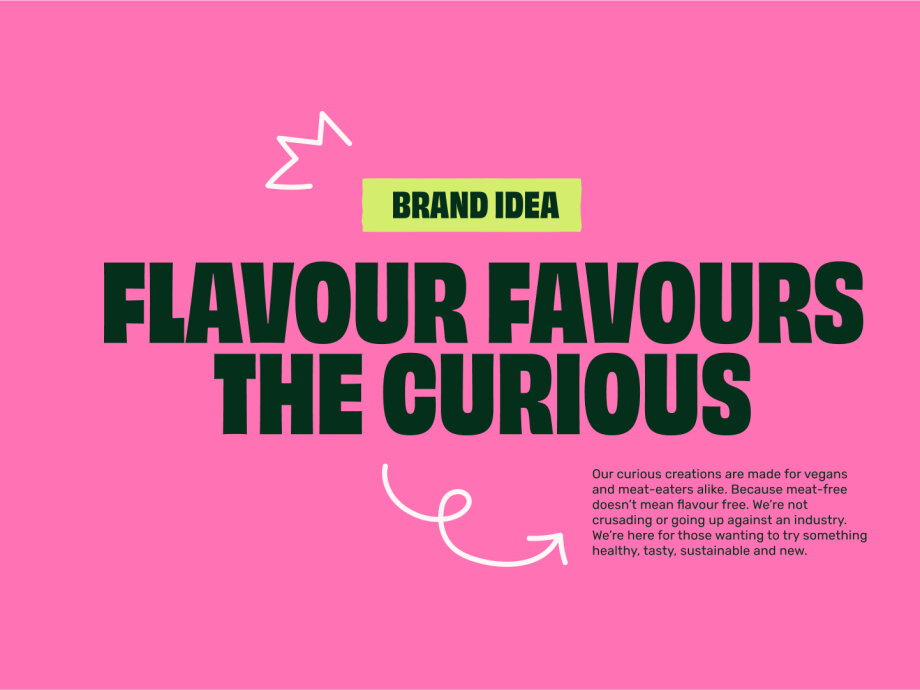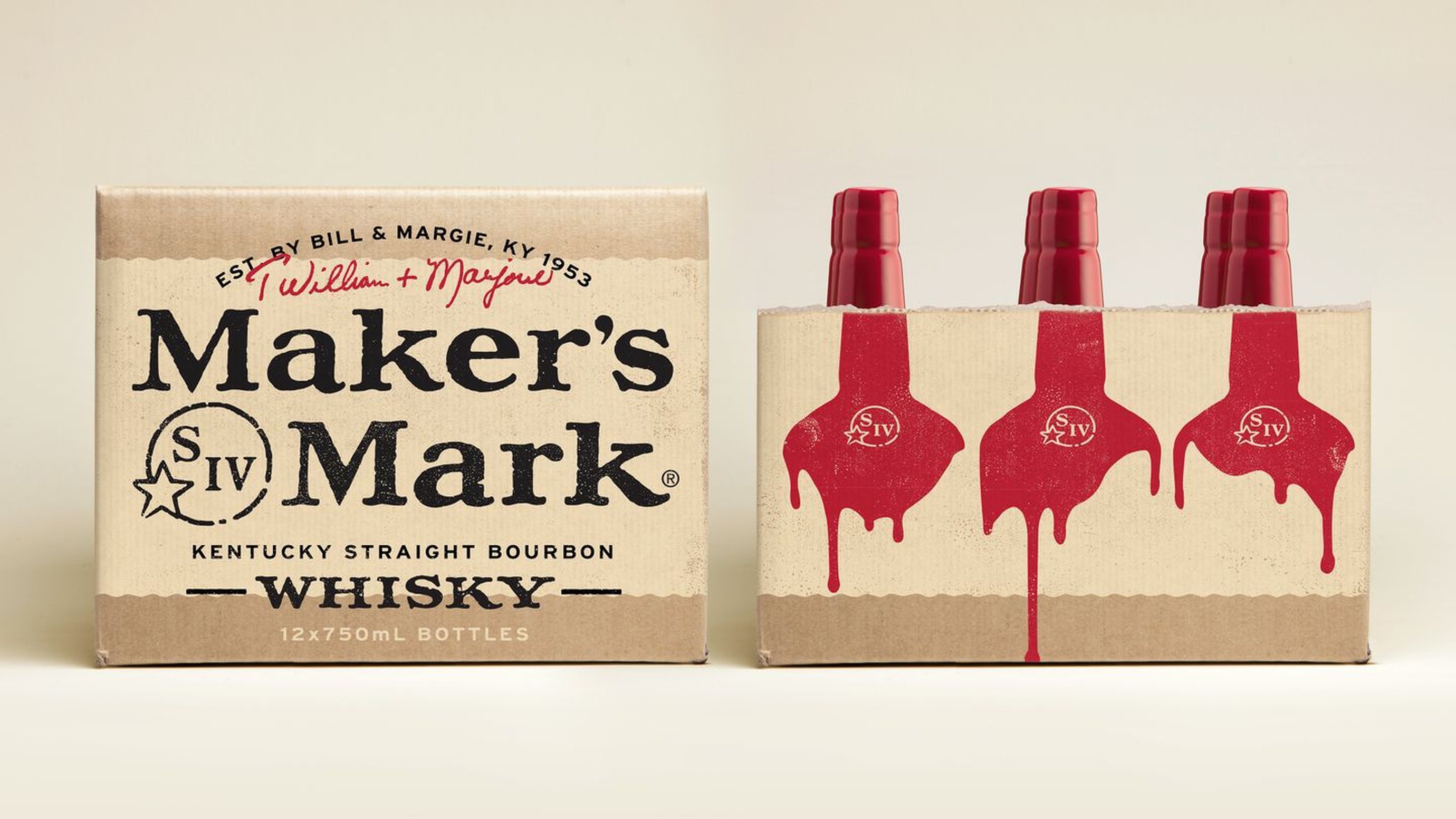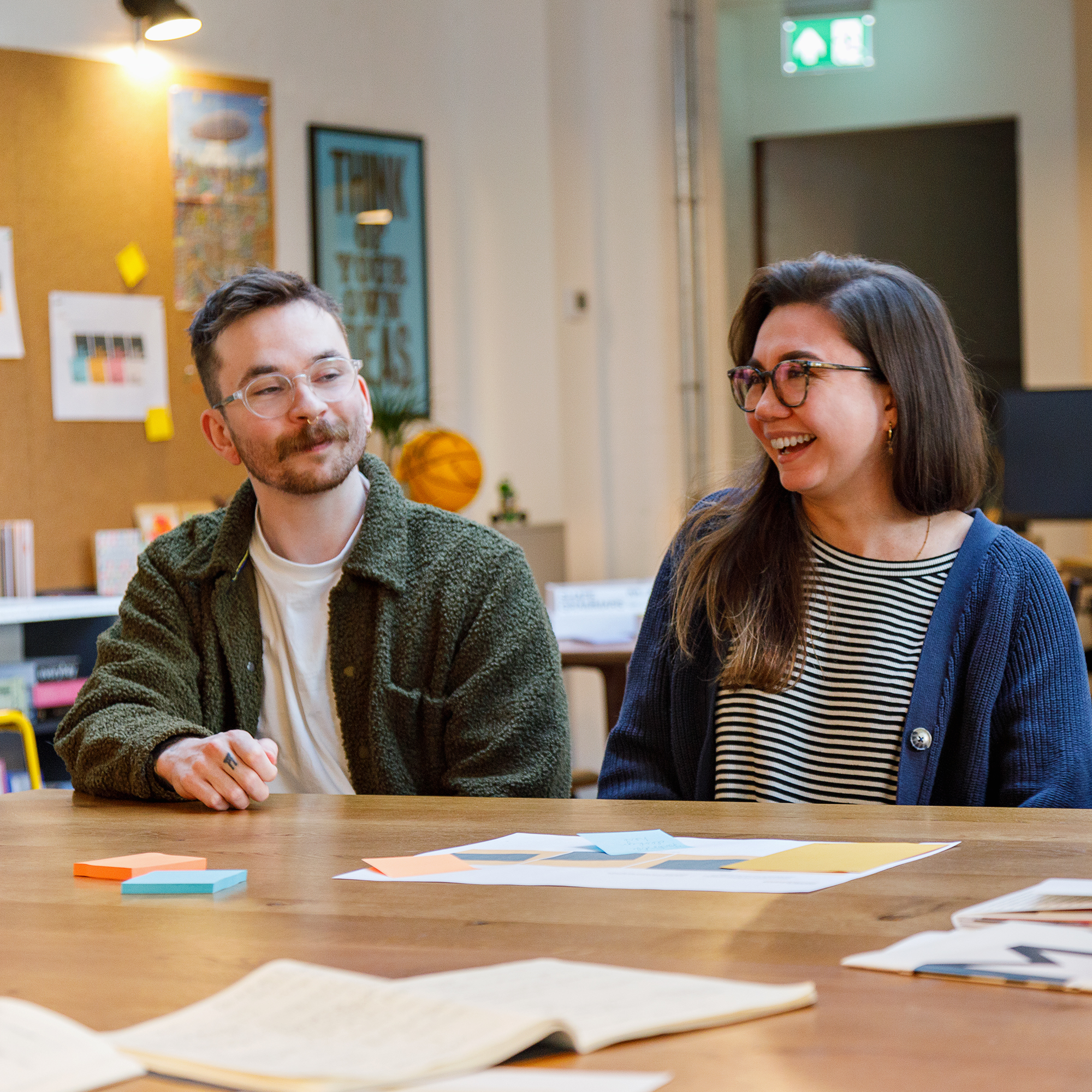When defining a brand strategy there are many tools you can call on: questionnaires, stakeholder interviews, workshops and surveys. Tried and tested ways to ask the questions that help you get to know a business inside out. Here at Fiasco, we’ve learnt, over time, that the art of listening is the secret weapon in brand strategy. It’s the one tool that can help you get to the real heart of a business.
The challenge in getting to know a business is not just collecting data. By listening – properly – to what is said, who says it and how, and with how much or little conviction, you can begin to put together a picture and understand the root of things. A picture tells a thousand words? So does; tone of voice, atmosphere, facial expression and body language.
We spoke to Chris Tozer, Fiasco’s Partner & Creative Director, to discover his insights on the importance of listening in brand strategy.

Kick-off
The very beginning of a brand strategy workshop is a unique, almost special time because nobody knows each other. Suddenly things are explained in layman’s – but very personal – terms. You’ve done the desk research, you’ve read the questionnaire, and now it is time to meet with the client and hear their version of the company line. It’s often then, that you experience the immense passion behind the business idea and discover their problems and solutions.
Discovering the authentic
As we dive into stakeholder interviews, I gravitate towards a slightly unconventional approach – keeping it casual. We firmly believe in the power of creating an atmosphere where interviewees can break free from regurgitating company-defined, corporate language, allowing their personal opinions to surface. That’s where the good stuff happens. It’s in this laid-back setting that a company’s Why, How, What and Values become apparent, because without realising it, the personal articulations of beliefs and purpose come pouring out of people, but in an authentic and conversational way. These unguarded moments can often reveal what shapes the essence of a company.
Without realising it, the real values, beliefs and purpose comes pouring out of people, but in an authentic and conversational way.
Curiosity builds chemistry
In our experience, we’ve learned that a loose structure and a curious mindset are paramount for successful stakeholder interviews. Going off on tangents, seeking additional information or gently challenging viewpoints shows genuine interest that resonates with people. This authentic approach not only builds rapport but also fosters trust, creating an environment where people feel comfortable enough to peel back the layers of both themselves and their business.

Workshop results are rarely quantitative
Often the exercises we use don’t end up in concrete numbers, ideas or outcomes. They’re designed to provoke discussion and listening carefully to that discussion is essential. Take the Personality Sliders task, we ask participants to describe the desired personality of their new brand on a sliding scale of 1 to 10 for characteristics like playful or serious. Inevitably, the group discuss how sometimes they want to be playful, and other times serious, before reaching a consensus with a number.
But the number isn’t important. It’s the contexts they discuss, debate and prioritise. This is an invaluable opportunity to read the room too – how they work together, who speaks first, which issues really matter, and whether there are untapped values showing through the way they work together. That’s the time you really need to listen because it says so much about an individuals’ ambitions and the organisations.
The funny thing about brand strategy is that you’re not so much listening to hear the solution – you’re listening to hear the problem. The real one.
Listen out for opinions, not scripted language
It’s important to tune into the personal points of view, over internal language born from the business. This is where the gold is because people get passionate and share what they believe. Often when people get passionate about something, which is easily noticed, it shows that there’s an emotional problem that needs resolving. The funny thing about brand strategy is that you’re not so much listening to hear the solution, you’re listening to hear the problem – the real one.
Don’t forget to go macro
Fiasco’s approach extends beyond the microcosm of individual businesses to macro perspectives. I often kick off with a fundamental question: ‘What’s wrong with your industry’? By asking the bigger question of founders and CEOs who passionately believe their business solves that problem – you get personal stories, unique viewpoints and the foundational purpose of a company that helps you realise the starting point of it all. The fundamental reason why the company exists.

Be guided by insight
When it came to creating a brand for plant-based product pioneers, Eat Curious, understanding their ambitions and motivations was key to unlocking their brand potential. The big brand idea ‘Flavour Favours the Curious’, was driven by the insight that many of us seek out meat-alternatives out of curiosity, rather than an existential desire to change the world.
From listening carefully to stakeholders, it was apparent that they didn’t want to do an ‘Oatly’ and crusade against the meat industry, unlike many of their competitors. Instead, they wanted to encourage positive habits through curiosity and wonder. We tapped into their personalities and ambitions to be a positive force in the world and help to improve the eating habits and nutrition of as many people as possible. You can see how the brand strategy translates to a dynamic visual and verbal identity here.


How to be a better listener:
- Always ask more questions – even ones you haven’t prepared, if it feels right.
- Pay attention to nonverbal cues.
- ‘Perform’ active listening, e.g. eye contact, nodding.
- Don’t be afraid of silence. It invites elaboration.
- Don’t use their speaking time to prepare your reply.
- Do your homework and simply have a chat.
- Be curious, always.
To read more about what we mean by ‘brand strategy’ and the transformative effect it can have on businesses, check out our blog here.









